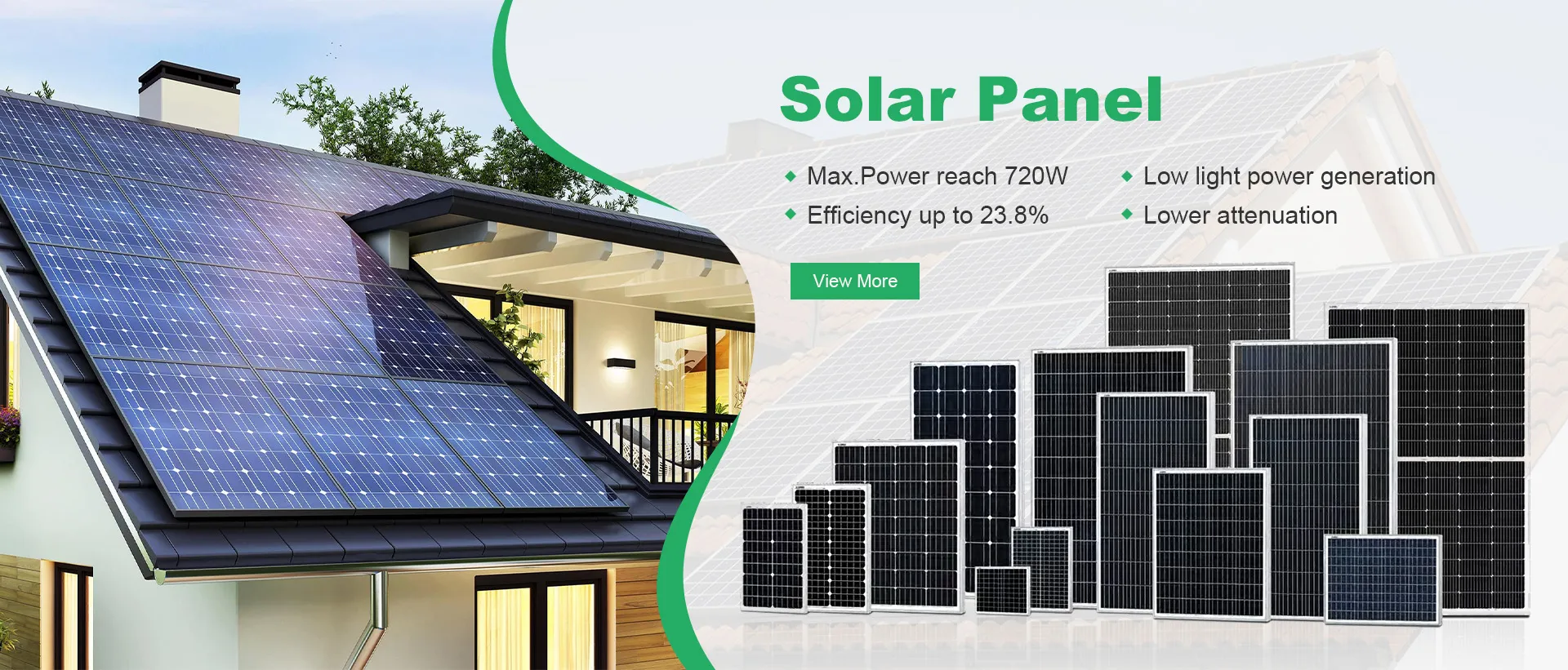calculate how many solar panels i need
How to Calculate How Many Solar Panels You Need for Your Home
As the push for renewable energy sources grows, many homeowners are considering solar panels as a viable option. However, one of the first questions that arises is, How many solar panels do I need? Calculating the number of solar panels requires understanding your energy needs, the production capacity of the panels, and various other factors that can influence performance. In this article, we will guide you through the process of determining the right number of solar panels for your home.
Step 1 Analyze Your Energy Consumption
The first step in calculating the number of solar panels you need is to analyze your energy consumption. This information can typically be found on your electricity bills. Look for the kilowatt-hours (kWh) you consume on average per month. It’s essential to gather data over an extended period, ideally a full year, to account for seasonal variations in energy use.
For instance, if your monthly average is 900 kWh, you would have an annual consumption of approximately 10,800 kWh (900 kWh x 12 months). Understanding your energy consumption will serve as the foundation for the next steps in your calculations.
Step 2 Determine Your Solar Panel’s Production Capacity
Once you have your energy consumption figured out, the next step is to determine the production capacity of the solar panels you are considering. Solar panels vary in efficiency and output, typically ranging from 250 to 400 watts per panel.
To estimate the annual energy production of a single solar panel, you can use the average number of sunlight hours your location receives. For example, if you live in a sunny area that receives about 5 hours of sunlight per day, a 300-watt panel would generate roughly
- Daily production = 300 watts × 5 hours = 1,500 watt-hours or 1.5 kWh - Annual production = 1.5 kWh × 365 days = 547.5 kWh
Step 3 Calculate the Number of Panels Needed
With your monthly energy consumption and the average energy production from a single solar panel, you can now calculate the number of panels you need. Using the previous example where your annual energy consumption is 10,800 kWh and the annual production from one solar panel is 547.5 kWh, you can use the following formula
calculate how many solar panels i need

Number of panels = Annual energy consumption / Annual energy production per panel
So, it would be
Number of panels = 10,800 kWh / 547.5 kWh per panel ≈ 19.7
Since you can’t have a fraction of a panel, you would round up to 20 panels. This means you would need 20 solar panels to meet your energy requirements.
Step 4 Consider Additional Factors
While this calculation offers a straightforward method to estimate your solar panel needs, several additional factors should be considered
1. Roof Space Ensure you have enough roof space to accommodate the panels calculated. You’ll need to check dimensions and orientation to maximize sunlight exposure. 2. Shade Trees, buildings, or other structures can create shade, reducing the effectiveness of your solar panels. You may need more panels if shading is an issue.
3. System Losses There are inefficiencies in solar systems due to factors like inverter efficiency, temperature, and other environmental conditions. It’s wise to add an additional 10-20% to your final panel estimate to account for these losses.
4. Future Energy Needs Consider potential changes in your energy consumption, such as the addition of electric vehicles, home expansions, or other energy-intensive appliances.
Conclusion
Calculating how many solar panels you need is a multi-step process that involves understanding your energy consumption, the potential output of solar panels, and various other factors. By following these steps, you can make a well-informed decision that not only helps you transition to renewable energy but also reduces your electricity bills in the long run. Embracing solar power is not just a responsible choice for the environment; it is a significant step toward energy independence and sustainability for your home.
-
Understanding the Advantages of Solar String Inverters for Your Energy SystemNewsApr.29,2025
-
Choosing the Right PV Inverter: A Comprehensive GuideNewsApr.29,2025
-
The Future of Solar Power: Exploring Bifacial Solar PanelsNewsApr.29,2025
-
The Complete Guide to Solar Panels: Efficiency, Cost, And InstallationNewsApr.29,2025
-
The Best Options for Efficiency and Cost-EffectivenessNewsApr.29,2025
-
Harnessing the Power of Off-Grid Solar Inverters for Energy IndependenceNewsApr.29,2025







